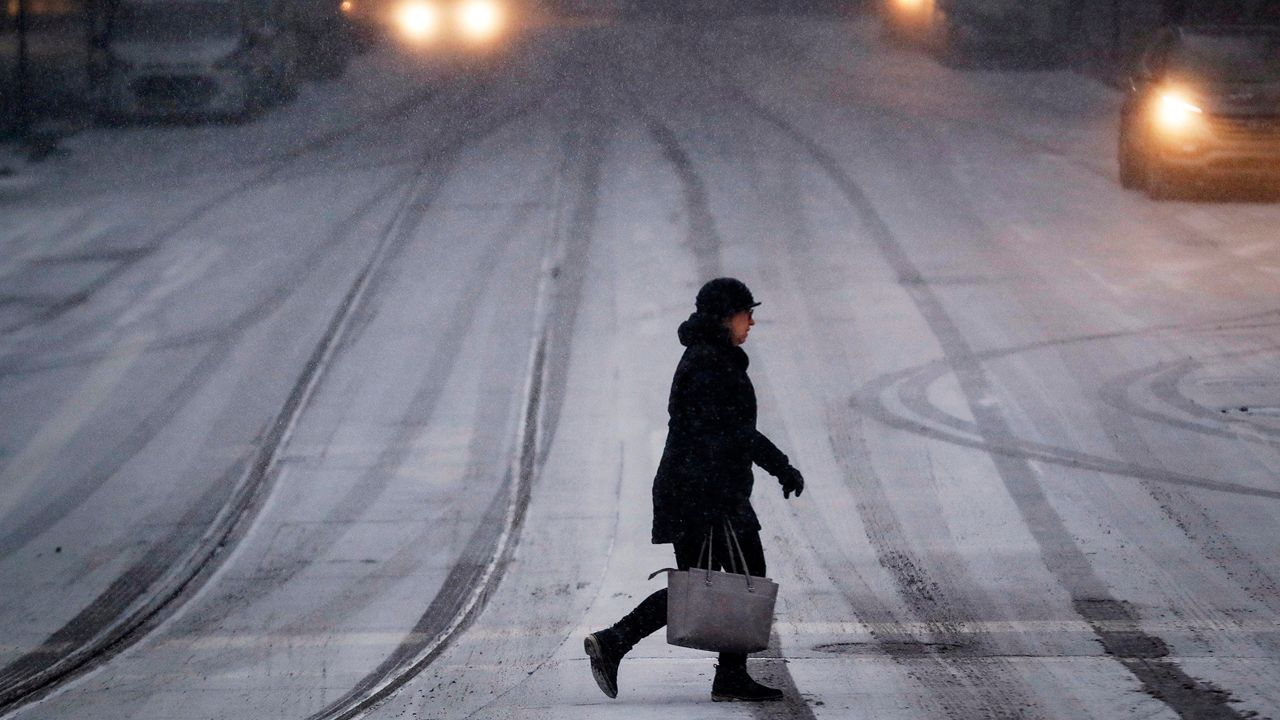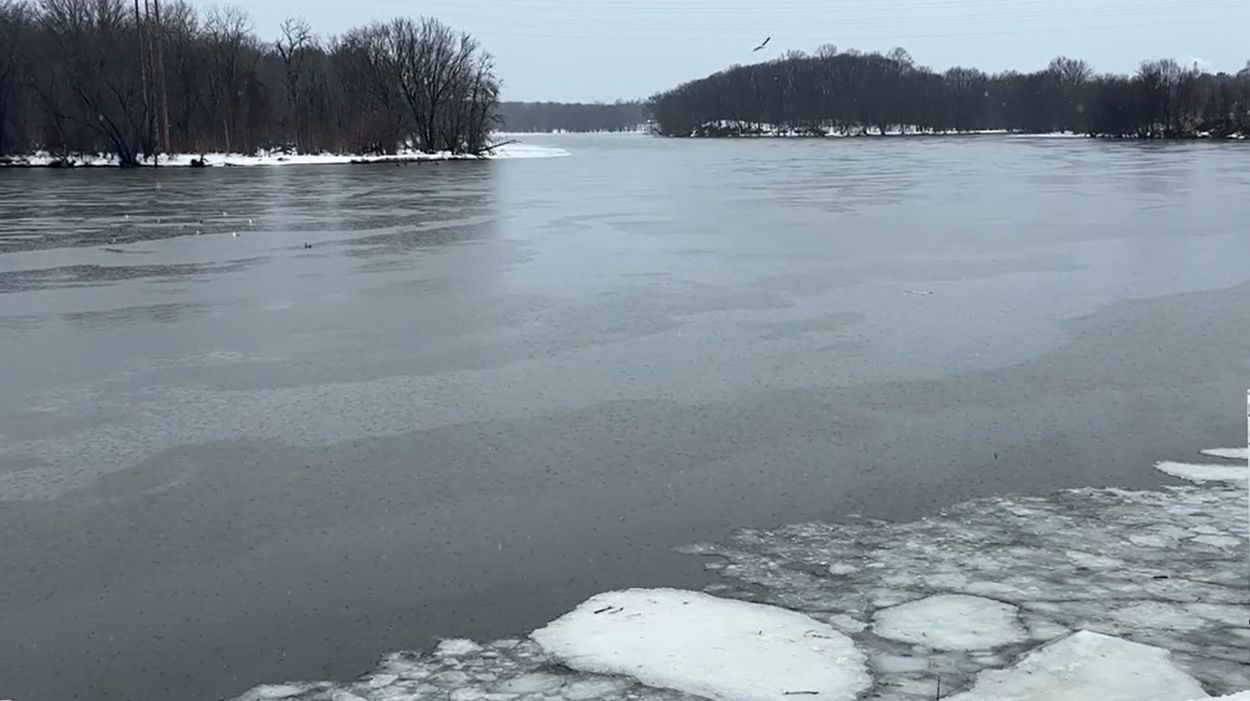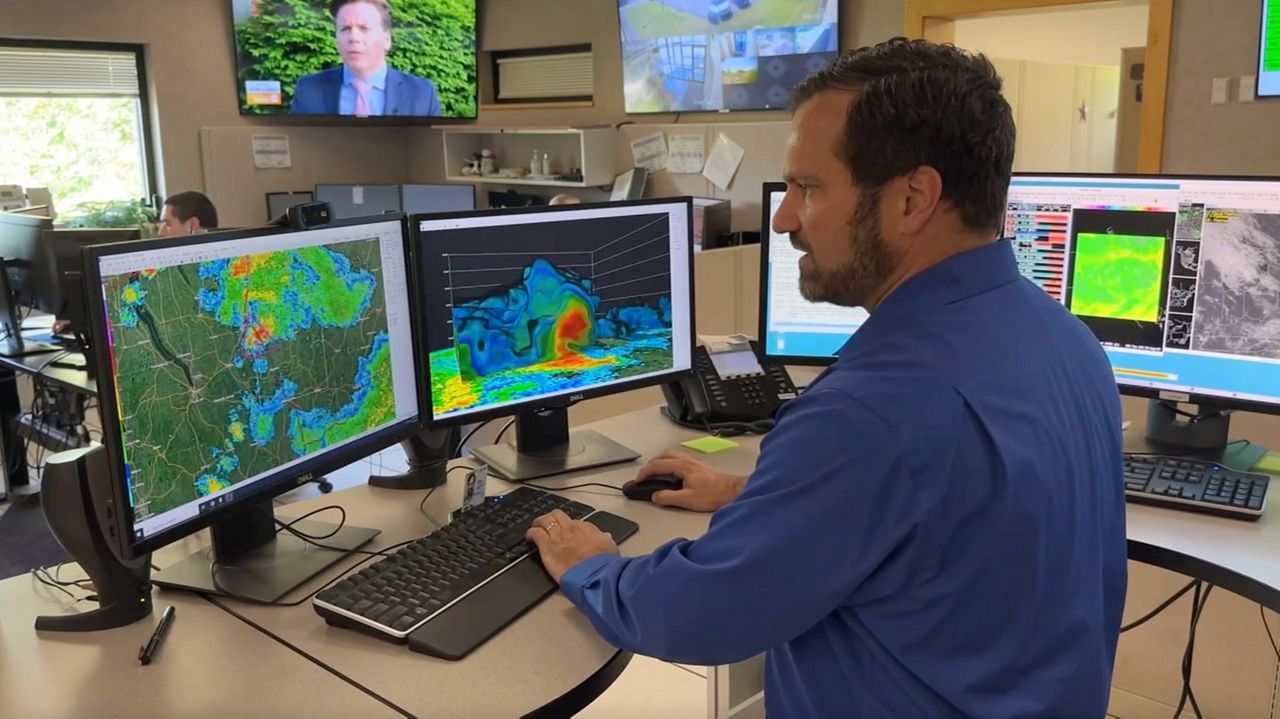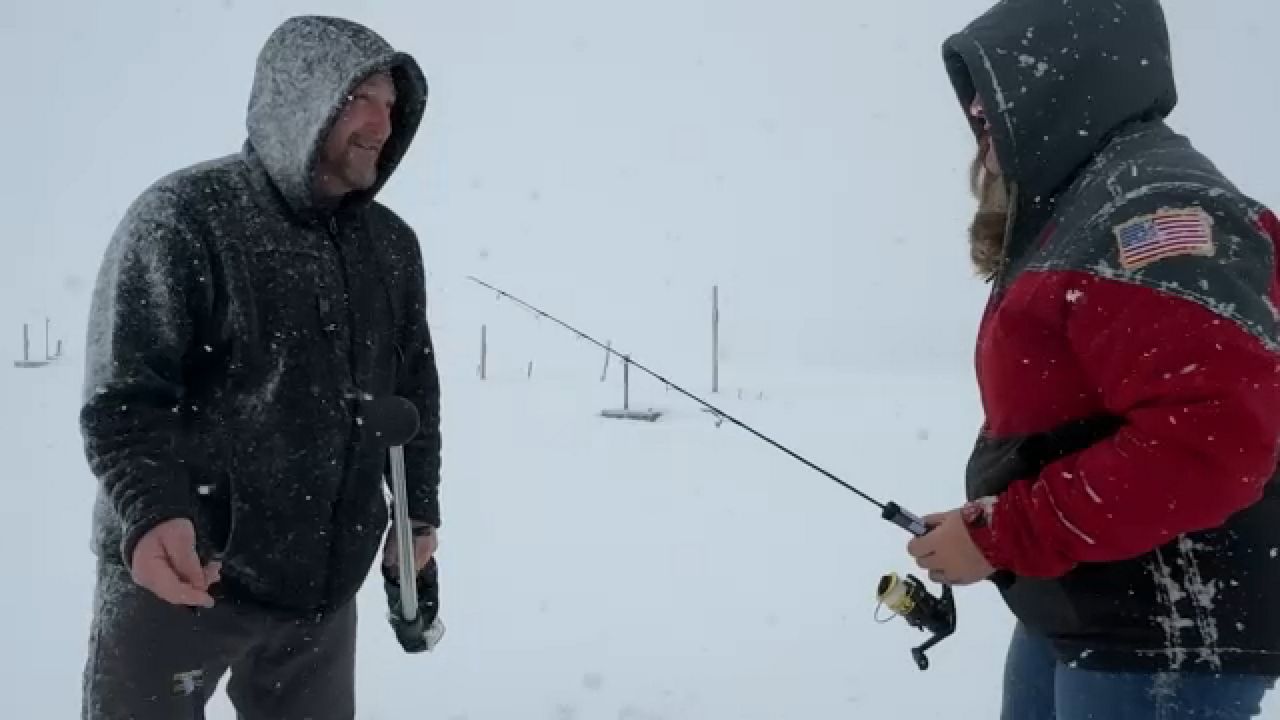Outside of a couple of snow storms and a very brief period of extreme cold, it's been an unusually warm winter with temperatures rarely dipping below freezing.
It's something many are probably celebrating, but the warmer temperatures have also created unsafe conditions for recreational activities on the state’s frozen bodies of water.
Officials said that with how warm it’s been in recent weeks, it’s not safe to be out on the ice, and even if temperatures dip back down, this season of recreational ice activities is over.
If you want head out to a frozen lake or pond this time of year, you’ll be on thin ice. As the weather gets warmer, the ice gets less stable and more dangerous.
Bob Jewell of the state Office of Fire Prevention and Control wants folks to know that at this time of the year, venturing out on ice is not safe.
“We’re looking at a situation where we’ve not had good, cold weather to create that solid, thick, clear ice that you’re looking for for safe recreation,” Jewell said.
Even when the ice on the lake looks solid, it may still be unstable, and trying to go out and test it is a bad idea.
“The ice that we have out here today, as you can see, is very pockmarked and spotty and spongy," Jewell said. "It’s not very good. It’s not very stable.”
The shift of temperatures and wind has a huge effect on ice. Areas that might’ve been safe to walk on yesterday, could be unsafe today.
“Especially with warmups and runoffs, the ice is going to be constantly changing," New York Forest Ranger Evan Nahor said. "Water on top of the ice, it’s constantly changing.”
Jewell said the effects of bone-chilling water can turn dangerous quickly. Hypothermia can set in within 10 minutes.
“After about 10 minutes, your body starts to shunt the blood away from your extremities to try and protect your internal organs, and your extremities become less and less dexterous. And you’re less likely to climb out of the water,” Jewell said.
It’s better to just stay off the ice the rest of this year. The state Office of Fire Prevention and Control also works to train local first responders how to carry out ice rescues. They host about 35 classes each year.








